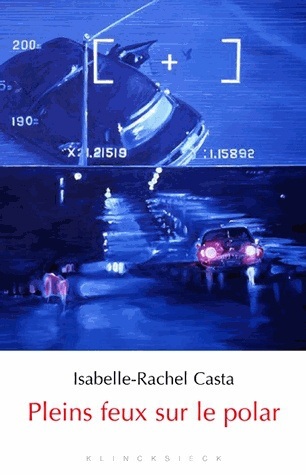Today, the detective genre is venturing and flourishing far – often very far – beyond its original "classical" narrative roots: crime is being sung, drawn, painted and directed; it is found in children's literature as well as in fantastic short stories. One moment it is zany and the next it curdles our blood. In short, crime is contaminating all forms of contemporary fiction.
Such is the key focus of this book: within the last one hundred and fifty years, as literature moved away from the former canon of literary frontiers, police jargon has become the source of all these stories. It has instilled in them its aesthetics, its own expectation and acceptance registries, imprinting its pattern on them (enigma-traps-clues-partial solution-conclusion) and shaping the mental “posture” of whole generations.
According to Michel Meyer, one might say that a criminal procedure deals with both the question (like science fiction) and the answer (like the myth), thus transforming us into lyrical subjects, unlike many other modern-day creations. Indeed, all of this unfolds as though crime stories were able to evoke in us some sort of fascinated approval, an insatiable addiction, so consumed are we by their dark fire.
Isabelle-Rachel Casta is a Professor of French Literature at Université d'Artois. An expert on mystery novels – both crime and fantasy – she has written many articles on dark fantasy, seriality and vampire sagas. She recently published Nouvelles Mythologies de la mort (Champion).




